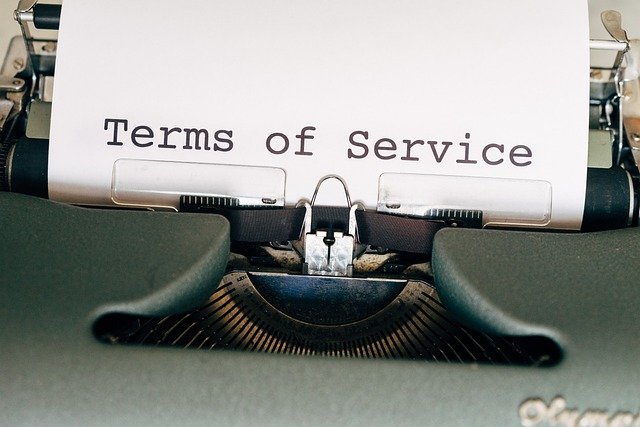How Car and Impounded Vehicle Auctions Work
Car auctions are marketplaces where vehicles change hands quickly, often at lower-than-retail prices, serving dealerships, resellers, and the public. Many auctions feature a mix of trade-ins, repossessions, lease returns, or impounded vehicles released by police or local authorities. Understanding how these events operate helps buyers assess risk, paperwork, and potential savings while protecting against unexpected costs or legal issues.
What is a car auction?
A car auction is an organized sale where vehicles are offered to the highest bidder. Auctions can be live, online, or hybrid; they typically include dealer-only lanes and public sessions. Cars sold may be new, used, salvaged, repossessed, or impounded, and each type comes with its own title status and risk profile. Buyers should check lot lists and condition reports before bidding.
Many auctions publish condition reports or allow inspections during preview days. These reports note visible damage, mileage discrepancies, and whether a vehicle has a salvage or branded title. Bring a checklist and, when possible, a mechanic or inspection service to verify mechanical condition. Remember that most auction sales are final — limited warranties or returns are uncommon.
How do vehicle auctions work?
Vehicle auctions begin with registration, which often requires ID and payment information; dealers may need licenses. Each vehicle is assigned a lot number and a starting bid. The bidding proceeds rapidly: the highest bid at the fall of the hammer wins. After winning, buyers pay fees and taxes and must arrange transport unless on-site delivery is offered.
Paperwork varies by auction type and the vehicle’s history. Titles may be clear, branded, or missing; impounded or police-release vehicles sometimes carry specific release documents. Be prepared for additional administrative steps like lien searches, title transfers, or clearing fines before registration. Factoring these tasks into buying decisions reduces surprises and legal delays.
Are impounded vehicles sold at auctions?
Impounded vehicles are commonly sold at specialized auctions when owners do not reclaim them or fines go unpaid. Police or municipal impound lots may contract with auction houses to sell these vehicles to recoup towing, storage, and administrative costs. Impounded cars might be well-maintained or heavily neglected — condition varies widely.
Before bidding on an impounded vehicle, verify the title status and ask for any available records of police holds or liens. Some impounded vehicles may have undisclosed damage or unresolved legal encumbrances. Inspections can be limited, so consider the difficulty of post-purchase repairs and the possibility of additional fees to clear titles or release paperwork.
How do police auctions operate?
Police auctions are typically organized by law enforcement agencies or contracted auction companies and can include items seized during investigations, unclaimed property, or impounded vehicles. These auctions follow strict legal processes to ensure chain-of-custody and proper notice to previous owners. Notices and auction rules are usually posted on municipal websites or auction platforms.
Vehicles from police auctions may have been seized for evidence or impounded; cleaning of case markings and paperwork clearance is part of the sale process. Buyers should inquire about any pending legal restrictions or required court documents. Transparency varies by jurisdiction, so researching local procedures for police auctions in your area is essential.
What to check before bidding at auction
Before bidding, inspect the vehicle in person or request a detailed condition report and vehicle history. Check for title branding, odometer inconsistencies, and visible damage. Bring tools like a flashlight and a phone to take photos. If you can’t inspect the vehicle, weigh the risk of unseen mechanical issues into your maximum bid.
Also consider auction fees, taxes, transportation, and any necessary repairs. Budgeting for towing and potential title-clearing costs is essential, especially for impounded or police-sale vehicles. Keep records of all paperwork provided at sale and confirm timelines for pickup to avoid additional storage charges or penalties.
Conclusion
Auctions offer opportunities to buy cars and impounded vehicles at competitive prices, but they demand due diligence. Understanding auction types, paperwork requirements, and condition disclosures — especially for police or impounded sales — helps buyers make informed choices and avoid legal or financial pitfalls. With careful inspection, clear budgeting, and knowledge of local auction rules, auctions can be a practical route to acquiring a vehicle.







